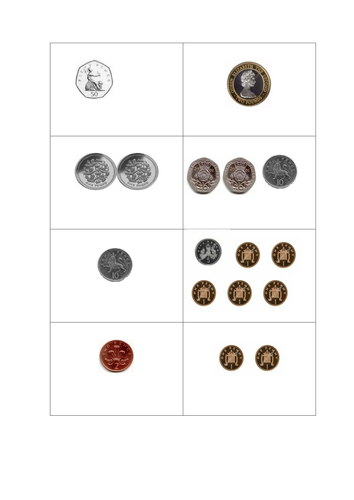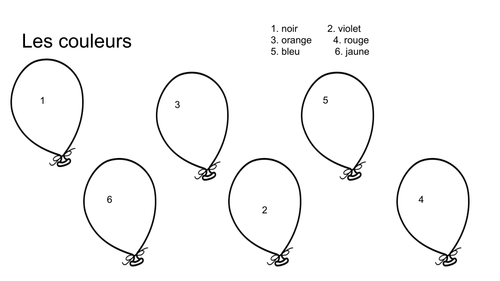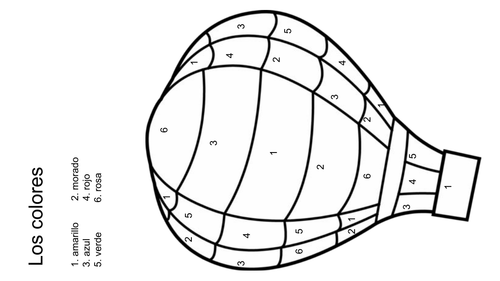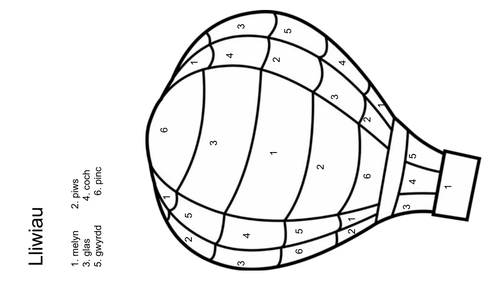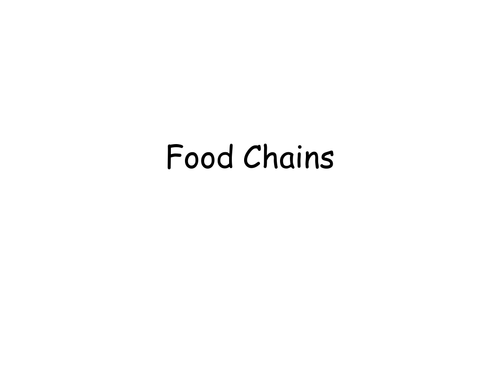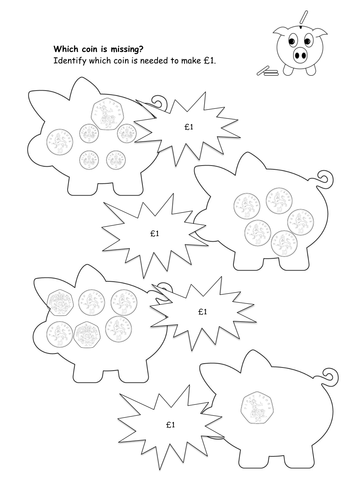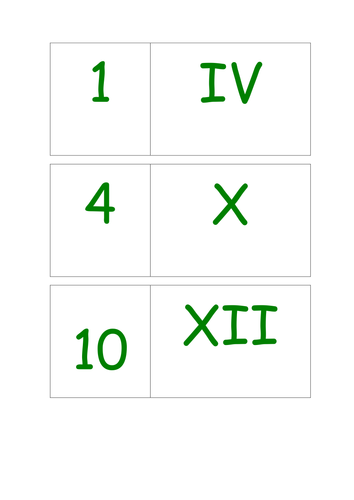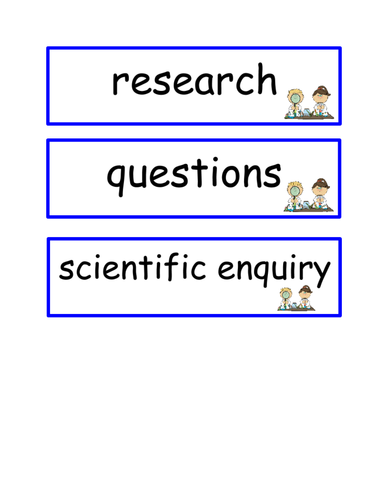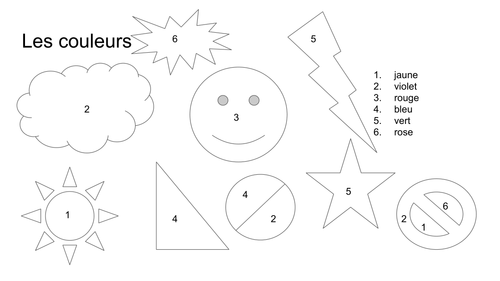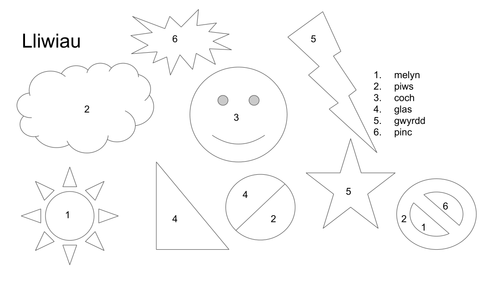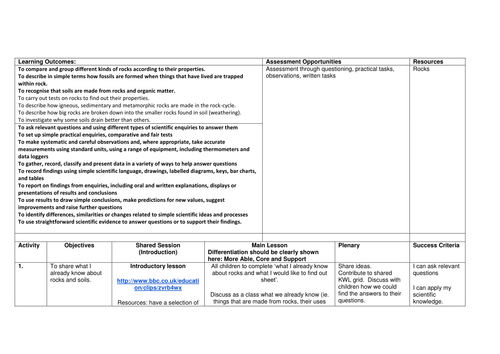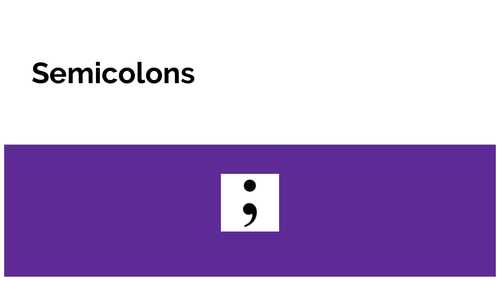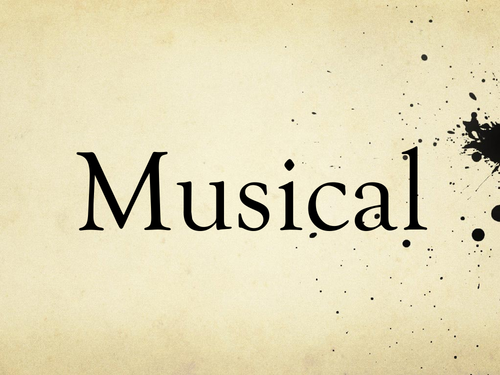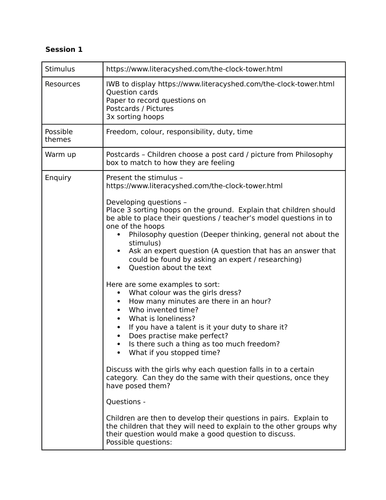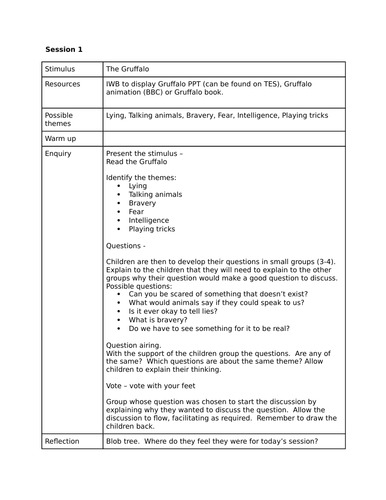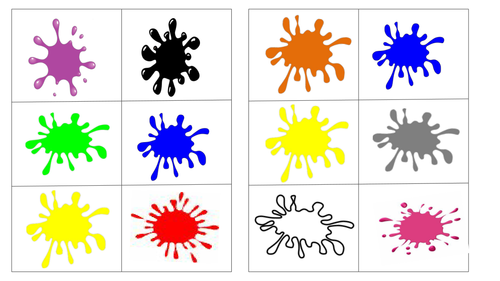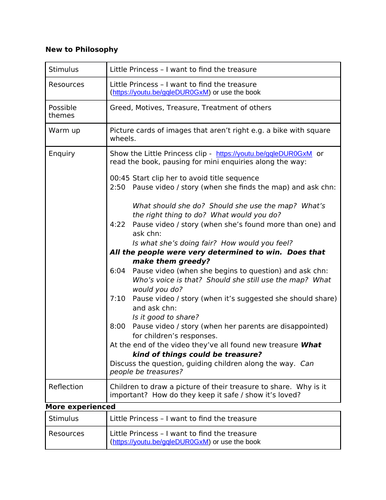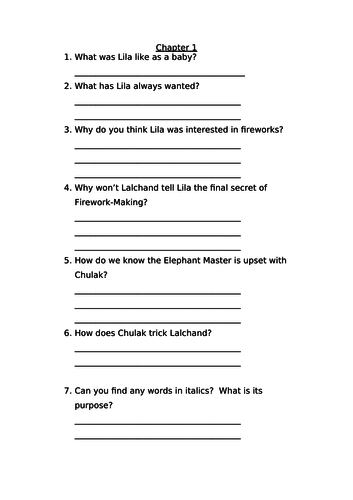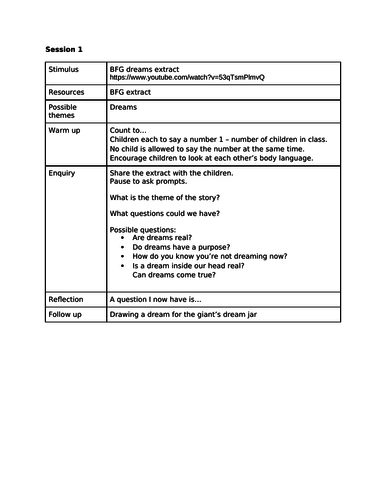64Uploads
48k+Views
8k+Downloads
All resources

Coin Cards UK (Money) - Recognise different amounts of coins
Playing cards to help pupils consolidate the different types of coins. Different amounts are shown using different combinations of coins.
Can be used as a matching game, pairs memory game or snap game to enable children to become familiar with different ways of making different amounts.

Les couleurs colour by number differentiated worksheets
A selection of 8 differentiated French colour by numbers activities which are perfect to be used as an activity, assessment of learning, homework, revision or consolidation. The worksheets are all different, and the colour by number activities are of varying difficulty and style meaning that they are also suitable for older children or adult learners.

Los colores colour by number
8 different colour by numbers activities in spanish which are perfect to be used as an activity, assessment of learning, homework, revision or consolidation. The worksheets are all different, and the colour by number activities are of varying difficulty and style meaning that they are also suitable for older children or adult learners.

Lliwiau colour by number
A selection of 8 differentiated Welsh colour by numbers activities which are perfect to be used as an activity, assessment of learning, homework, revision or consolidation. The worksheets are all different, and the colour by number activities are of varying difficulty and style meaning that they are also suitable for older children or adult learners.

Y3/ Y4 Food chain lesson (Habitats Unit) differentiated worksheet & PPT
These resources can be used to introduce habitats to a Y3 / Y4 class. The lesson allows opportunity to consolidate terms such as predator, prey, consumer and for children to design their own food chain. A task for early finishers, called the Food Chain Game, is also included. The children can sort the cards into different food chains. This allows for a talking point and leads into foodwebs, as many of the primary consumers could be prey to multiple secondary consumers.
The worksheet is differentiated to scaffold and support learners.

Coins - Missing Coin Activity Worksheet
This worksheet is perfect as an extension and allows children to practice counting on in coins. The children are challenged with finding the missing coin to make a certain amount. The worksheet is differentiated to include 10p, 20p, 50p, £1 mixed amounts and mixed amounts over £1.
The file includes 6 worksheets in both an editable Microsoft Word format and a PDF.

Roman Numeral Loop Cards 4 Sets 1-12, 1-20, 1-50, 1-100
A great resource to use to consolidate Roman Numerals. These sets of 12/20 loop cards differentiated between numbers 1-12, numbers 1-20, numbers 1-50 and numbers 1- 100 make learning fun.
This activity could be used as a starter or plenary, or for early finishers.
If laminated, the cards can be used time and time again.

New Curriculum Scientific Vocabulary LKS2 Lower Key Stage 2 Year 3 / Year 4
Key vocabulary to display for lower key stage 2 science.

Les couleurs colour by number
A differentiated colouring activity to reinforce the colours in French. 11 worksheets of varying difficulty allow you to review children's knowledge of the colours in French. Great as an assessment tool or as a homework activity.

Lliwiau (Colours in Welsh) Colour by number
A differentiated colouring activity to reinforce the colours in Welsh. 11 worksheets of varying difficulty allow you to review children's knowledge of the colours in Welsh. Great as an assessment tool or as a homework activity.
Adnodd i adolygu y lliwiau yn Gymraeg. Mae'r adnodd yma yn berfaith fel gwaith cartref neu fel asesiad. Mae'r gweithgaredd yma o 11 o dudalenau wedi ei wahaniaethu.

Rocks and Soils Lesson Plan Year 3 9 Lessons
Rocks and Soils Year 3 Lesson Plans covering the following objectives:
To compare and group different kinds of rocks according to their properties.
To describe in simple terms how fossils are formed when things that have lived are trapped within rock.
To recognise that soils are made from rocks and organic matter.
To carry out tests on rocks to find out their properties.
To describe how igneous, sedimentary and metamorphic rocks are made in the rock-cycle.
To describe how big rocks are broken down into the smaller rocks found in soil (weathering).
To investigate why some soils drain better than others.
The lessons include two practical investigations ('Which rock would make the best roof tile?' and Which soil is the most permeable?')

Semicolons
A powerpoint which will structure a grammar lesson on semicolons. The three scaffolded activities complement the powerpoint and allow the children time to independently show their understanding of semicolons. This lesson could be used as an introduction to using semicolons or as revision. Opportunities for AFL throughout the powerpoint.
This is suitable for Upper KS2 (Years 5 & 6) or Lower KS3.

P4C - Music themed
Here is a lesson plan with stimulus and resources covering the theme of music. The resources can be used as a stimulus for P4C (Philosophy for Children) lessons or to structure a class discussion.
The lesson encourages the children to look at different sounds and to place them on a line between Musical and not musical. The children will use their reasoning skills to explain to their peers why they believe the certain point e.g. the bagpipes rather than bird song should go at a certain point on the concept line.
The stimulus is intended to guide the children to a discussion on music and our perception.
Also included is a link to a video showing a video which will generate the question, "What is music?"
The activity will support the children to improve their critical thinking and discussion skills in a fun way. The themes are easy to access for students of all ages as their moral topics make them relevant for children (or adults) with a range of life experiences.

P4C - A world without colour
Here is a lesson plan with stimulus and resources covering the theme of music. The resources can be used as a stimulus for P4C (Philosophy for Children) lessons or to structure a class discussion.
Also included is a link to a video showing a video which will support the children generate the question.
The activity will support the children to improve their critical thinking and discussion skills in a fun way. The themes are easy to access for students of all ages as their moral topics make them relevant for children (or adults) with a range of life experiences.

P4C (Philosophy for children) Gruffalo
Here is an outstanding Gruffalo themed lesson plan with links to video stimulus. The resources can be used as a stimulus for P4C (Philosophy for Children) lessons or to structure a class discussion.
The stimulus is intended to guide the children to a discussion on bravery and fear, telling the truth, and existence. Is seeing believing?
The activity will support the children to improve their critical thinking and discussion skills in a fun way. The themes are easy to access for students of all ages as their moral topics make them relevant for children (or adults) with a range of life experiences.

Colours Bingo - Bingo Les Couleurs - Bingo Lliwiau
This fantastic resource can be used to reinforce the names of the colours in any language of your choice. I personally have used the resource in the teaching of more than one language, to huge success. The resource includes 20 different bingo sheets which can be laminated to be reused.

P4C - Dear Zoo - Philosophy for Children for EYFS, KS1 & KS2
Here is a lesson plan with stimulus and resources covering the theme of animals and their rights. The resources can be used as a stimulus for Philosophy for Children (P4C) lessons or to structure a class discussion.
The stimulus for this session is the popular children’s Dear Zoo book, which is in most school libraries or can be downloaded on the tes website for free.
This pack includes two differentiated lessons plans - one for those new to P4C, which contains many games to develop the children’s reasoning, and one for children who are more experienced and are beginning to / have experience developing their own questions.
The pack includes 3 sets of picture activity cards to facilitate you to lead Would you rather? I prefer and Same but different.
The activity will support the children to improve their critical thinking and discussion skills in a fun way. The themes are easy to access for students of all ages as their moral topics make them relevant for children (or adults) with a range of life experiences.

P4C - Little Princes - Philosophy 4 Children for EYFS, KS1 & KS2 Topics - cheating, forgiveness
Here is a lesson plan with stimulus and resources covering the theme of cheating, forgiveness and motives. The resources can be used as a stimulus for Philosophy for Children (P4C) lessons or to structure a class discussion.
The stimulus for this session is from the popular children’s story the Little Princess, which is in most school libraries or can be viewed as a television adaptation (YouTube link included).
This pack includes two differentiated lessons plans - one for those new to P4C, which contains many stopping points to develop the children’s reasoning, and one for children who are more experienced and are beginning to / have experience developing their own questions.
The activity will support the children to improve their critical thinking and discussion skills in a fun way. The themes are easy to access for students of all ages as their moral topics make them relevant for children (or adults) with a range of life experiences.

Firework Maker's Daughter - Guided Reading - Independent Activity Pack - Comprehension Questions
This excellent resource includes independent follow up activities for each chapter of The Firework Maker’s Daughter. Each chapter includes at least 3 activities, including opportunities to research, book reviews, and consolidation activities.
This resource also includes differentiated reading comprehensions for each chapter.
This resource is perfect to use as homework for follow up activities to a class book, as independent reading packs to accompany power of reading, a class reader or group guided reading. The comprehension questions and activities could also be used to inform planning and to support teacher / teaching assistant led group guided reading sessions.

Dreams P4C - BFG
Here is a lesson plan with stimulus and resources covering the theme of cheating, forgiveness and motives. The resources can be used as a stimulus for Philosophy for Children (P4C) lessons or to structure a class discussion.
The stimulus for this session is an extract from the popular children’s story the BFG which is in most school libraries or the film trailer can be used (YouTube link included).
The activity will support the children to improve their critical thinking and discussion skills in a fun way. The themes are easy to access for students of all ages as their moral topics make them relevant for children (or adults) with a range of life experiences.

